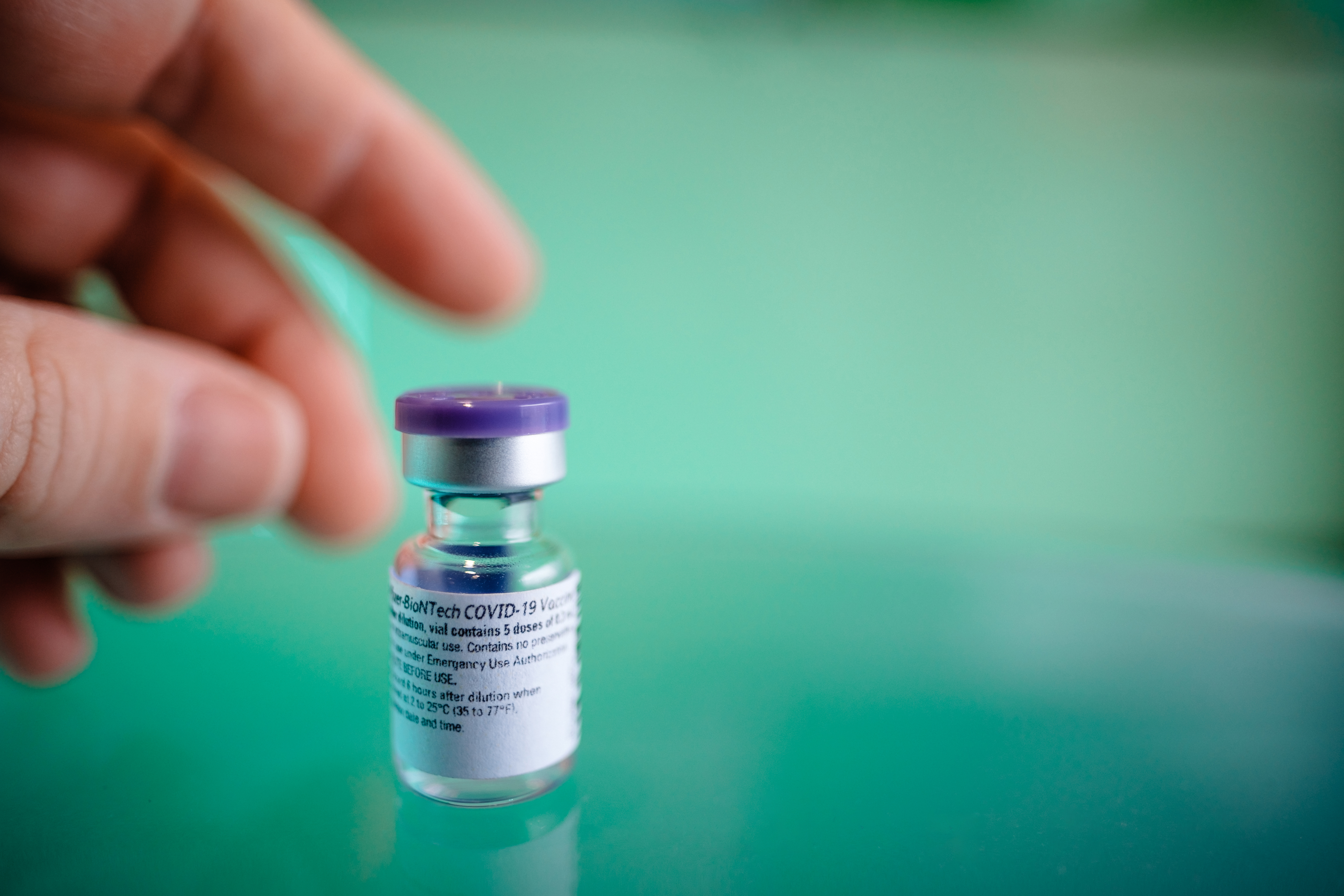Pfizer hikes COVID vaccine sales forecast for 2021 to $33.5bn

Continuing orders for Pfizer's BioNTech-partnered COVID-19 vaccine Comirnaty have prompted near one-third increase in its projected revenues for the vaccine this year, from $26 billion to $33.5 billion.
It's a big increase, considering the former figure was the drugmaker's best guess just three months ago, and takes into account additional supply agreement signed from mid-April to mid-July that have swelled the number of doses expected to be delivered this year by around 500 million.
Comirnaty's performance – $7.8 billion in direct sales and alliance revenues – helped Pfizer's total second-quarter almost double to just below $19 billion.
Pfizer chief executive Albert Bourla said that more than a billion doses of Comirnaty have now been delivered worldwide, adding: "the speed and efficiency of our efforts with BioNTech to help vaccinate the world against COVID-19 have been unprecedented."
The sales forecast for 2021 is based on contracts to deliver 2.1 billion doses of the shot this year – up from an earlier estimates of 1.6 billion – but Pfizer is planning to produce 3 billion by the end of the year, so 2021 revenues could have even more upside if that surplus is snapped up.
Capacity is also expected to rise even further in 2022 to 4 billion doses, said Bourla on the company's second-quarter results call.
Even without the windfall, underlying sales grew 10%, driven in particular by gains for pneumococcal vaccine Prevnar 13 and Vyndaqel/Vyndamax (tafamidis) for cardiomyopathy associated with rare disease hereditary transthyretin-mediated amyloidosis (ATTR).
Pfizer has also reported updated results from a study looking at a third booster dose of Comirnaty, noting that it provides effective protection against the highly contagious delta variant of SARS-CoV-2, which is also more likely to cause severe disease in the unvaccinated.
Antibody levels against delta were five times higher among people ages 18 to 55 – and 11 times higher among the over 65s – after the third dose of its vaccine compared to the second dose.
The company also said that there are signs that protection against infection and symptomatic disease may wane over time, underscoring the need for booster jabs within six to 12 months of the first course.
Pfizer and BioNTech said earlier this month that they were developing an updated version of their vaccine specifically to target the delta variant and could be ready for filing in August.
Beyond COVID-19 vaccines, Pfizer also reported progress with oral and intravenous protease inhibitors targeting the virus, saying it expects to start a phase 2/3 trial of IV candidate PF-0730481 – which would compete with Gilead's Veklury (remdesivir) – in the third quarter.
Oral candidate PF-07321332 – which could be used for less severe cases of COVID-19 – started a phase 2/3 trial this month with data due by the end of the year.
Feature image copyright BioNTech SE 2020, all rights reserved












